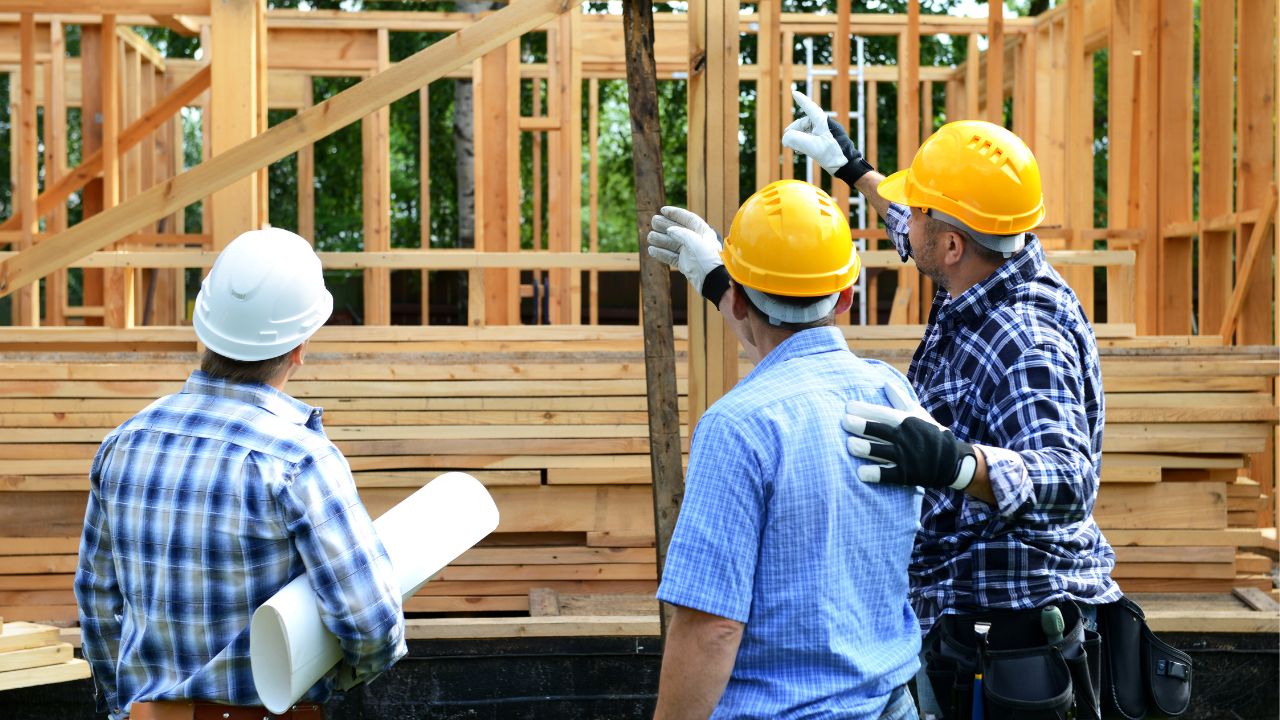What Time Is Construction Allowed To Start In Residential Areas?
In today’s busy lives, construction has become an almost constant backdrop in many residential areas. From the hum of heavy machinery to the rhythmic hammering and sawing, these sounds indicate change and development but can also be a source of significant disturbance.
However, as cities and neighbourhoods grow and evolve, the question of when construction can start in residential areas becomes increasingly important. This issue touches on the delicate balance between progress and the preservation of residents’ quality of life. In this discussion, we will delve into the regulations, considerations, and impacts surrounding construction times in residential areas, aiming to provide a comprehensive overview to construction workers and residents.
Standard Start Times and Regulations
When the day’s construction can legally begin in residential zones, it is governed by local ordinances. Typically, these regulations are established by municipal governments and can vary widely even within the same region. However, a common thread runs through most states: construction activities are often restricted to the hours between early morning (7 or 8 AM) and early evening (usually by 6 or 7 PM) on weekdays.
Weekends and public holidays receive even more rigid restrictions, with start times often pushed later (9 or 10 AM) to accommodate the expectation of residents to enjoy quieter mornings. These regulations acknowledge the importance of rest and leisure time for the community, underscoring respect for weekends and holidays as a break from the weekday bustle.
Construction projects may sometimes be granted special permission to start earlier or work later. These exceptions are usually based on the nature of the project, its urgency, or if the work being done is less disruptive in terms of noise. However, these permissions often come with strict guidelines and oversight.
Overall, construction companies and tenants must familiarize themselves with their specific local regulations to ensure compliance.
Why Construction Work Begins Early
Construction work often begins at dawn, a practice that might perplex those not involved in the industry. However, this early start is not arbitrary but a carefully considered decision influenced by several critical factors to optimize productivity and safety.
One reason for the early construction activities is to take advantage of the cooler morning temperatures. Construction is physically demanding work, and in many climates, the midday sun can create dangerous conditions that increase the risk of heat-related sickness.
By starting early, construction workers can complete a significant portion of their day’s work before the hottest hours, ensuring a safer environment and maintaining productivity. Moreover, daylight is an essential aspect of construction.
The reliance on natural light for visibility is paramount for the quality of work and safety on-site. Starting earlier maximizes daylight, allowing for more work hours under optimal lighting conditions, which is especially crucial during the shorter days of the year.
In short, this approach reflects the construction industry’s effort to responsibly manage the challenges of building in residential areas while ensuring the well-being of its workforce.
Importance of Regulating Building Times
Regulating building times in residential areas is a crucial aspect of urban planning and community well-being. These regulations, often enforced by local governments, aim to balance the necessary progression of construction projects and maintain a peaceful living environment for residents.
Firstly, regulated building times help to minimize noise pollution, a significant concern for residents living near construction sites. Construction activities can generate high noise levels. By confining this noise to specific hours, typically avoiding early mornings and late evenings, residents are assured quiet periods, allowing undisturbed rest.
Moving on, these regulations play a vital role in ensuring public protection. Limiting construction activities to daylight hours enhances visibility for construction workers and nearby residents, reducing the risk of accidents.
Regulating building times in residential areas is a critical policy that protects residents’ quality of life while allowing for the necessary growth and development of urban spaces. It underscores the importance of thoughtful urban planning and the need for a cooperative approach between construction entities and the communities they serve.
Consequences of Non-Compliance
Non-compliance with regulations for construction times in residential areas can lead to adverse outcomes that affect the immediate community and have broader implications for construction companies and local authorities. These regulations are designed to protect the well-being of residents and maintain a harmonious living environment.
Firstly, building timing violations can significantly disrupt the quality of life for residents. Excessive noise, particularly during early mornings, late evenings, or weekends, can lead to sleep disturbances, increased stress levels, and overall discomfort. This disruption can affect populations such as infants, the elderly, and those with health conditions that necessitate a quiet environment. For construction companies, non-compliance carries significant legal and financial risks. Authorities may impose fines, halt construction projects, or revoke permits as penalties for violating construction time regulations.
These affect project timelines and budgets and damage a company’s reputation, making securing future contracts and maintaining good relationships with communities and local governments tough.
Conclusion
In the end, regulating construction start times in residential areas represents a vital effort to balance development demands with residents’ rights to a peaceful living environment. While the specifics of these regulations can vary widely across different states, the underlying rules of protecting well-being, balancing progress with peace, and adhering to legal and environmental considerations remain consistent.
Through compliance, community engagement, and careful planning, the impact of construction activities on residential communities can be minimized. As our cities and neighbourhoods grow, fostering a collaborative approach to construction timing will ensure that development can proceed without compromising the quality of life for those who call these areas home.

















